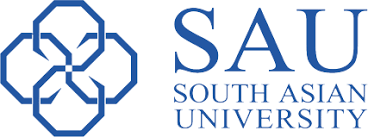Courses
PhD Economics
For the PhD program, students need to complete an 18-credit coursework spread over 2 semesters in the first year of the program. Students will take four taught courses, each worth 4 credits (total of 16 credits), and a directed readings course worth 2 credits. The following is the structure of the one-year PhD coursework:
Semester 1: One core course and one optional course (total 8 credits)
Semester 2: One core course, one optional course, and a directed readings course
(total 10 credits)
There are two dedicated core courses for the PhD students:
1. Advanced Economic Theory (Semester I)
2. Research Methodology (Semester II)
Each of these courses is divided into three modules. The course on Advanced Economic Theory consists of the following three modules:
a) Topics in Microeconomic Theory
b) Topics in Macroeconomic Theory
c) Topics in Development Economics
The course on Research Methodology consists of the following modules:
a) Methodology of Inquiry
b) Survey design and methods of data collection
c) Topics in econometrics and advanced statistical methods
The students also take a 2-credit directed readings course in their second semester and develop a research paper as a part of the course. In addition, they give an open seminar based on the research paper at the end of Semester II.
Optional Courses
The students will choose one optional course in each of the two semesters from the following list of advanced courses offered in the final year of the Masters program. Only a subset of the following courses will be offered each semester.


